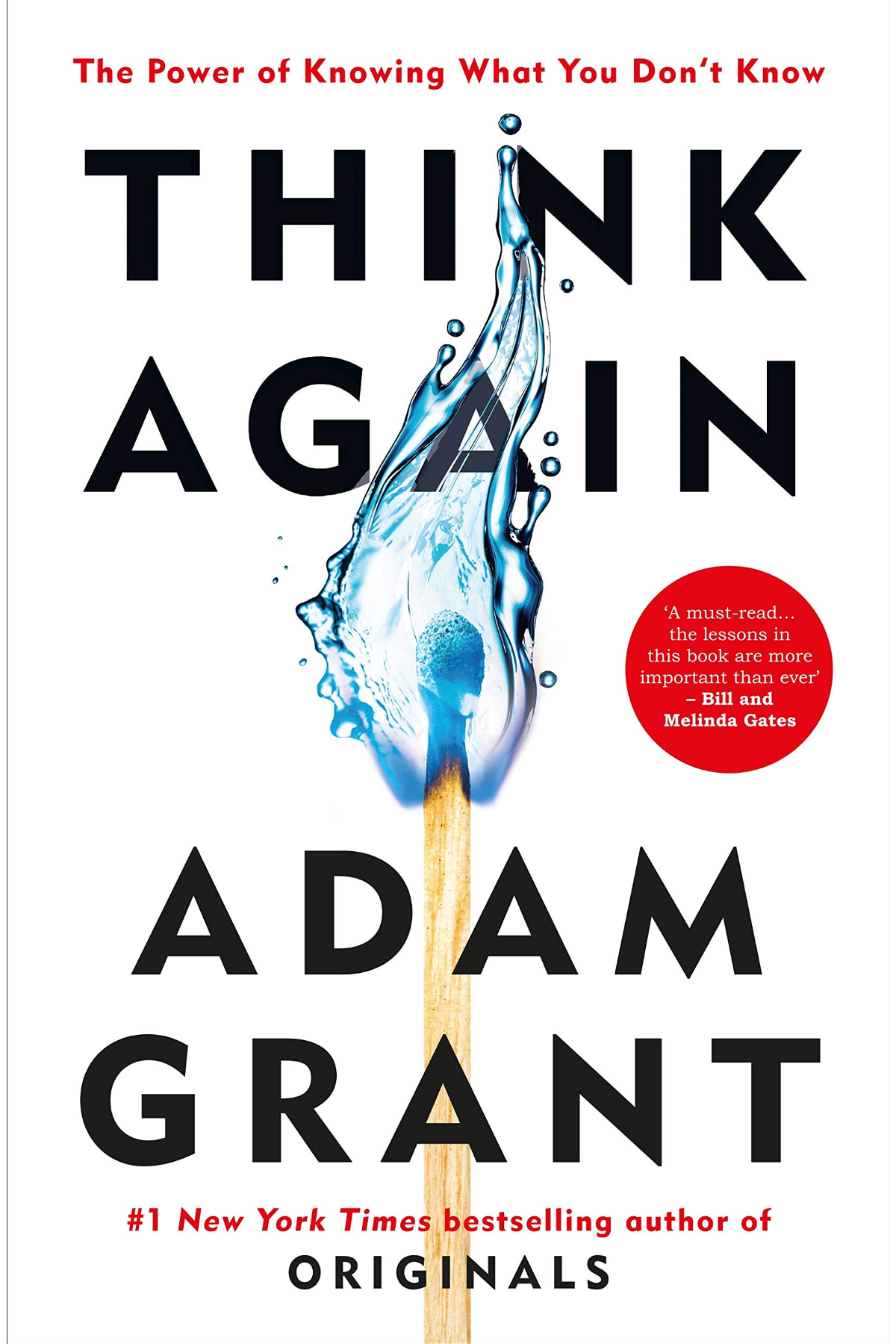A hallmark of wisdom is knowing when it's time to abandon some of your most treasured tools—and some of the most cherished parts of your identity.
- "Adam Grant"
Thanks to a month-long Easter holiday in the UK. I finally had the chance to spend more time reading books on my wishing list.Think Again by Adam M. Grant is among them. I have just finished reading Think Fast and Sow. Reading Think Again allowed me to link these two books; therefore, if you happen to read my previous blog, you will indeed find this post relatable. And this time, instead of summarising the entire book, I would like to share some major takeaways from this book.
I cannot agree more that the most recommended thinking mode is the scientific mode, a mode that applies a scientific approach — raises questions, formulate hypotheses and prove or reject them. And in fact, some industries, such as strategy consulting, apply this methodology when helping clients solve problems. Humans are generally reluctant to change; however, changes are what help one evolve. As Adam has written in the book:"the purpose of learning isn't to affirm our beliefs; it's to evolve our beliefs". Also, confident humidity is something I find rather inspiring. Back five years, I was arrogant and overconfident about myself. As I age and have more experience in life, arrogance and overconfidence have faded away. I tend to question myself more, and sometimes I feel that I lose my confidence. It bothers me since I do not know if I would be beneficial from this change. Adam seems to solve my puzzle. Confidence is not on the existing knowledge; it's the capacity to challenge and be wrong, and maybe sometimes, as Adam said, "we are indeed better off underestimating ourselves"
Lastly, as Adam wrote, "we all have notions of who we want to be and how we hope to lead our lives". But this, in the extreme, can lead to escaping tunnel thinking, a seemly right direction to the wrong destination that binds us from alternative possibilities. People are inclined to put a label on themselves and constantly seek self-justifications. When I read this section, I kept questioning myself, am I running into a foreclosure loop and being too stubborn towards my career dream? Unfortunately, I have not found an answer yet, but there is something Adam recommended that would be very valuable. That is, do a checkup every year or two, reflecting on a set of checkups questions. For example, how have you changed by then and are you still enjoying what you do? And have you reached a learning plateau in your role or workplace? These checkups are also applicable to every aspect of life. If, one day, the past image of our lives is no longer relevant to our future, it's time to rethink.
The similarity between these two books is undeniable. If I were to make a comparison, Think Fast and Slow is more academic, providing fundamentals of human's mind, while Think Again is rather practical, and Adam is trying to help individuals excel in their daily life by knowing facts of one's mind and applying useful tips. Reading these two books together would certainly yield more value for you.
